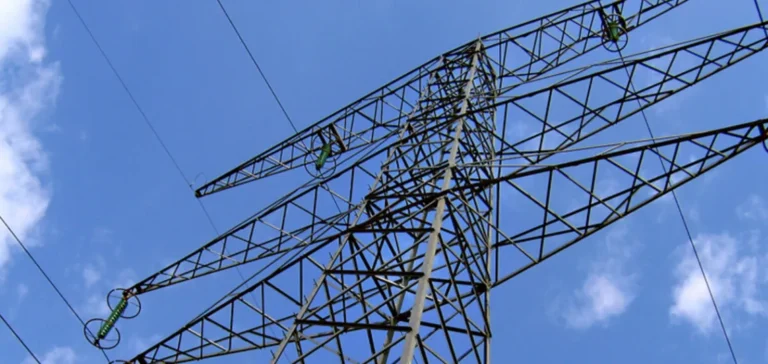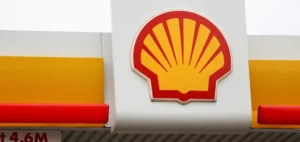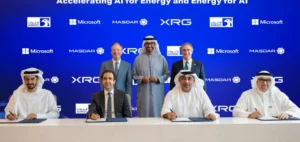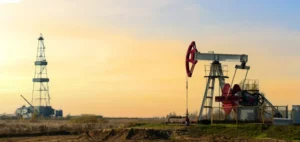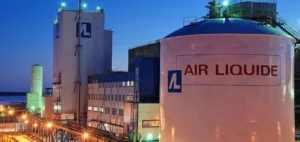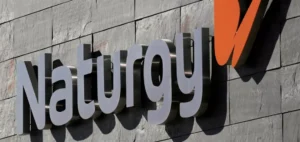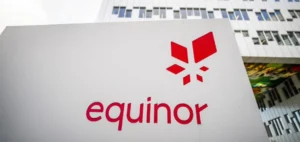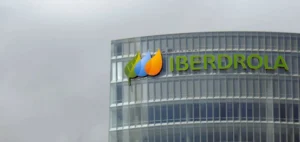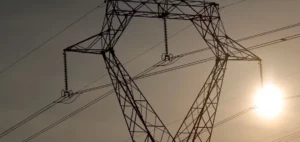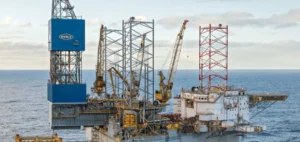RTE, the electricity transmission system operator in France, and Nexans, the French cable manufacturer, have officially announced the launch of an industrial chain dedicated to recycling aluminium from high and extra-high voltage cables. This partnership involves the collection, processing, and reintegration of aluminium from national networks, with a goal of recycling 600 tonnes each year from 1,000 tonnes of recovered cables, according to a joint statement from both companies cited by Connaissance des Énergies with AFP on July 11, 2025.
Centralised processing and new supply chain
Used overhead cables will be shredded at the Recycâbles site in Noyelles-Godault, Pas-de-Calais, before the aluminium is transformed into wire for use within France. Nexans will then integrate this recycled aluminium wire into its plant in Elouges, Belgium, to manufacture new cables primarily for the French network, while also making them available to other industrial clients.
This initiative, unprecedented in the French electricity transmission sector, enables RTE, a subsidiary of Électricité de France (EDF), to support new infrastructure projects while securing part of its supply of secondary raw materials. The industrial process for valorisation underwent pilot tests starting in 2023 on several lines in the national network, notably in Maine-et-Loire and Corrèze, according to data released by both groups.
Industrial projections and progressive integration
Cables installed by RTE from 2025 will contain 10% recycled aluminium, rising to 30% by 2040, in line with the network development plan presented by RTE in February. This increase in recycled aluminium aims to meet the growing need for renewal and expansion of national infrastructure.
According to published information, recycled aluminium from this chain would result in a carbon impact ten to twenty times lower than that of primary aluminium, although these figures have not yet been independently certified. This industrial model therefore offers Nexans an outlet for its recycled cables across several European markets while creating a new materials recovery chain within France.
RTE notes that the generalisation of this practice will depend on the pace of network renewal and the availability of used cables but anticipates regular growth in volumes processed. The collaboration with Nexans is part of a strategy to secure the aluminium supply chain, as demand for the material remains strong in the energy sector.


